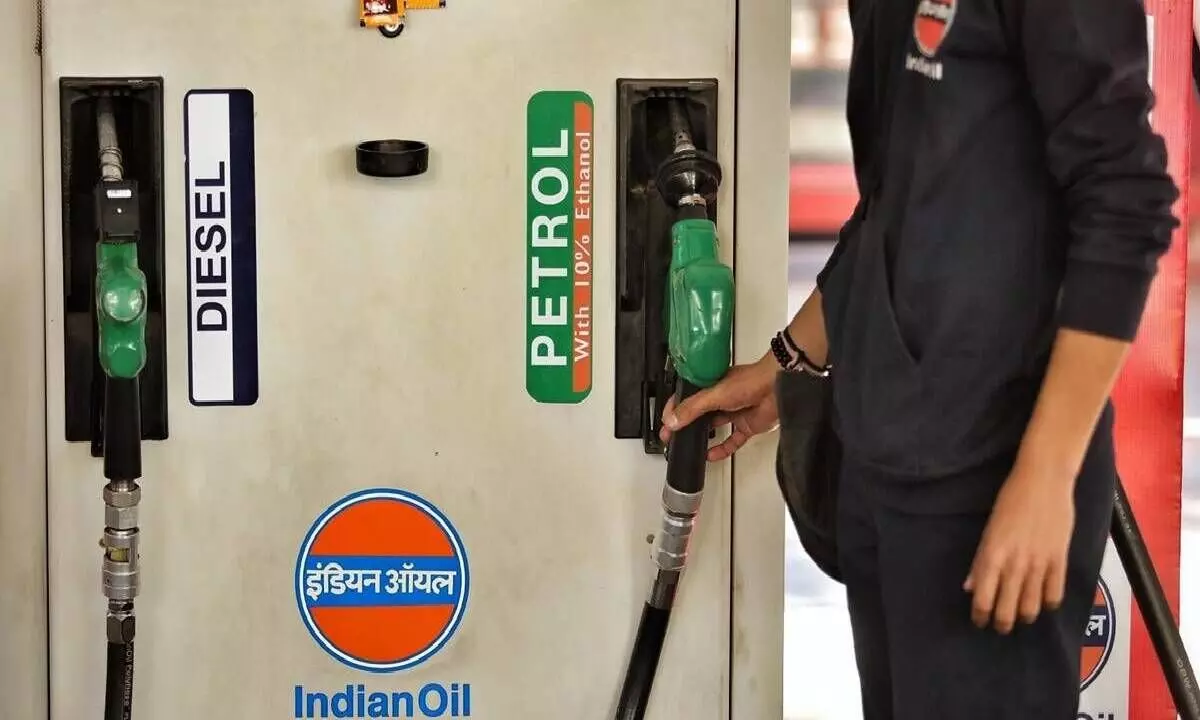Should petrol and diesel come under GST to lower the tax burden on consumers? Here’s what FM Sitharaman said
In a recent press conference following the 53rd GST Council meeting, Union Finance Minister Nirmala Sitharaman addressed the possibility of bringing petrol and diesel under the Goods and Services Tax (GST)
image for illustrative purpose

In a recent press conference following the 53rd GST Council meeting, Union Finance Minister Nirmala Sitharaman addressed the possibility of bringing petrol and diesel under the Goods and Services Tax (GST). She clarified that while the Central government is keen on this inclusion, the final decision rests with the states. Here’s a detailed breakdown of the key points she made:
Key Points from FM Nirmala Sitharaman’s Address:
Central Government's Stance:
The Central government has always been in favor of including petrol and diesel under GST.
This was a consideration even during the initial implementation of GST.
Role of States:
It is ultimately up to the state governments to decide whether to include petrol and diesel under GST.
States need to come together, agree on the tax rates, and then bring the matter to the GST Council for a decision.
Existing Provisions:
The legal framework for including petrol and diesel in GST already exists.
No amendment to the law would be required if states agree to this inclusion, as the necessary provisions have been in place since GST’s inception.
Implications for States:
Currently, petrol and diesel are significant sources of revenue for states through VAT.
Bringing these fuels under GST could impact state finances, requiring a collaborative decision on how to handle potential revenue changes.
Emphasis on Compliance and Trade Facilitation:
The GST Council meeting also focused on easing compliance burdens for taxpayers and improving trade facilitation.
Sitharaman reassured taxpayers that the government is committed to making GST compliance simpler and less cumbersome.
Efforts are being made to minimize the issuance of notices to taxpayers, ensuring a more streamlined and taxpayer-friendly approach.
Context and Future Steps:
While the discussion of including petrol and diesel under GST wasn’t on the agenda for this particular meeting, it remains a topic of interest and potential future action. The central government’s intent is clear, but state governments will play a crucial role in the final decision-making process.
For taxpayers, the ongoing efforts to simplify GST processes and reduce compliance burdens are part of the government's broader aim to make tax administration more efficient and user-friendly.
The inclusion of petrol and diesel under GST could lead to significant changes in how these essential commodities are taxed, potentially lowering the tax burden on consumers. However, the decision is complex and requires consensus among state governments. The central government’s readiness to facilitate this change indicates a future where petrol and diesel might be governed by a more uniform tax regime under GST.

